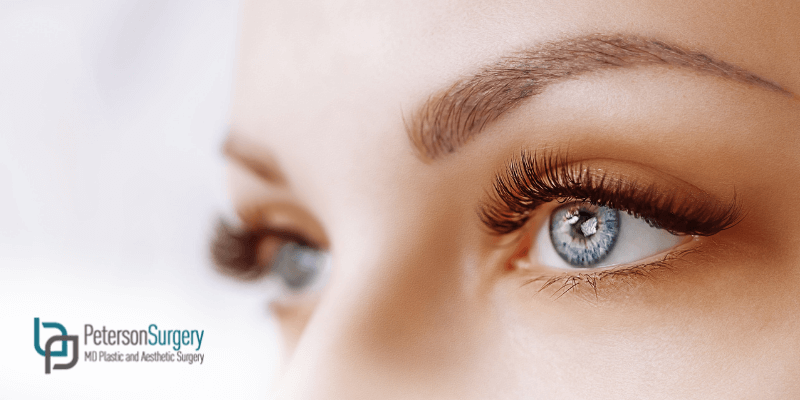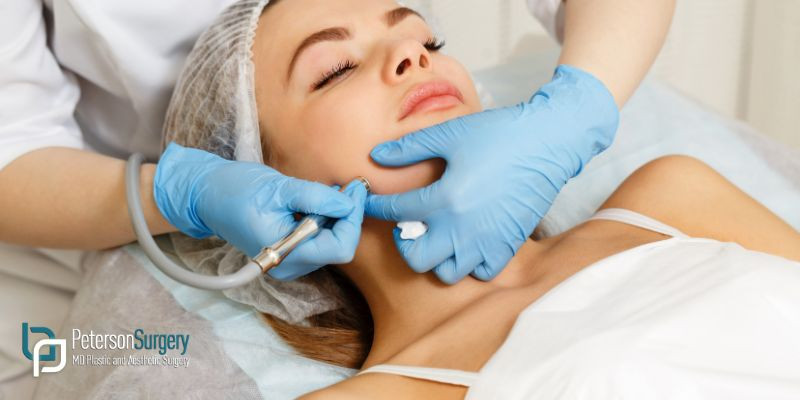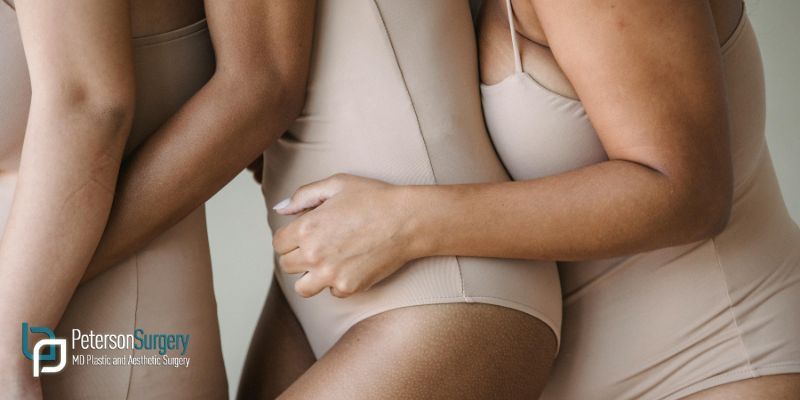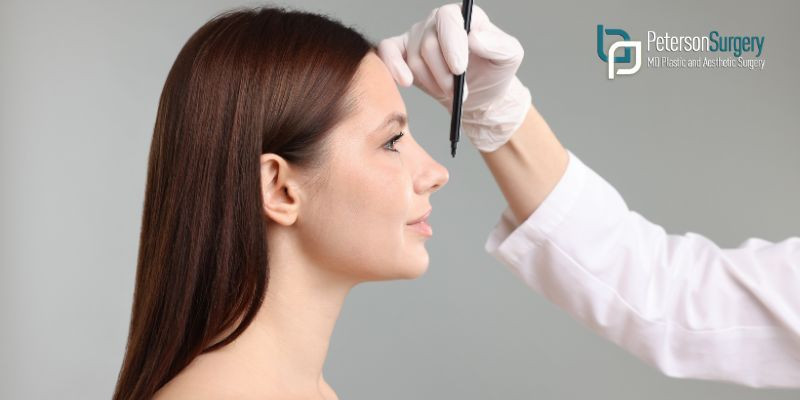Recovery After Brow Lift
Different Types Of Brow Lift
There are several techniques your plastic surgeon may use alone or in combination to help you achieve optimal results from your brow lift surgery. Brow lift surgery is performed on a day care basis under general anaesthetic. Depending on the technique your surgeon chooses, incisions for the procedure are made within the hairline or concealed within the natural crease of the upper eyelids. Some techniques require only small incisions, and some techniques, such as a coronal brow lift, require a more complex incision across the top of your head from ear to ear. Regardless of technique, your incisions will be discreet, carefully hidden behind your natural hairline. Your plastic surgeon may use a small surgical camera called an endoscope to aid in the identification, tissue removal, and repositioning in the target area. Brow lift incisions can be closed with sutures (removable or absorbable), surgical staples, or a combination of both.
Stages of Recovery
The First 24 Hours
After a brief period of observation following your procedure, you will be able to go home to recover. It is very important that you have someone who can drive you home and stay and help care for you for the first 24-48 hours. Your bandages should be left in place for at least 24 hours at your surgeon’s recommendation. You should keep your head elevated for at least the first 48 hours, sitting up as much as possible and using extra pillows for sleeping. Most patients can shower after 24 hours, but make sure you clear it with your plastic surgeon. Also, avoid alcohol, aspirin, and anti-inflammatory medication for at least 24 hours after brow lift surgery. Your plastic surgeon will make personalized recommendations for pain relief medications.
The First Week
After the effects of the anaesthetic and the medication used during surgery wear off, you may feel some mild pain and discomfort. At this time you will likely notice bruising and swelling as well. Flexible cold compresses such as gel-based ice packs or bags of frozen peas will decrease swelling and provide some pain relief. Short, slow walks will help with your recovery and minimize some post-surgical risks like blood clots, but you should abstain from heavy lifting, vigorous exercise, and sexual activity for at least one week after surgery. Introduce these activities slowly and only once approved by your plastic surgeon. After the first 24-48 hours you can resume showering but avoid excessively hot water. Keep your water temperature moderate, use baby shampoo or other gentle cleansers, and gently pat or air dry your incisions. Some time between week 1 and 2, your plastic surgeon will remove your sutures. Your incision sites might feel tight and itchy, or even numb, during week 1 and on until they are fully healed, but it is important to refrain from touching or picking as this could cause infection and unnecessary scarring. Any numbness you experience should subside after a couple of weeks.
Weeks 2-4
By the end of week 2 you will likely be feeling mostly healed and back to yourself. Most patients are fine to return to work or other daily activities after 2 weeks. The majority of swelling should be gone and any residual bruising should be easily camouflaged with makeup. For the next several weeks you can expect any slight swelling that remains to continue to resolve and for your incision sites to complete healing and begin to fade. You will likely be able to resume some level of exercise and physical activity, but do so only with your plastic surgeon’s advice.
Signs Of Complications
As you recover, be aware of the signs of surgical complications including:
- Fever
- Chest pain
- Shortness of breath or any trouble breathing
- Irregular heartbeat
- Signs of infection such as redness, warmth, or pain at the treatment site
- Pus draining from the incision
If you experience any of these symptoms, contact your plastic surgeon for further instructions.
See Results
Most patients report that a visible improvement over their pre-surgery appearance is noticeable after about 12-14 days, once the majority of swelling and bruising have subsided. This is the time that most patients resume normal activities and return to daily life feeling rejuvenated and more youthful. But healing after brow lift surgery can be a long process and it can take up to six months (or even slightly longer) for all swelling to resolve, for tissues to settle, and for patients to be able to discern the final results of their treatment.
Maintain your results for as long as possible after brow lift surgery with good nutrition and healthy lifestyle habits, by using sun protection every day, by choosing quality skin care products, and by working with your surgeon to develop an effective aftercare and maintenance regime.
Forehead Rejuvenation With a Brow Lift In The Okanagan
A surgical brow lift is a great way to smooth away creases and wrinkles, lift and reposition a sagging brow, and to face the world feeling confident and youthful. If you are considering a brow lift for forehead rejuvenation understand your options for surgery, know what to expect during recovery, and book a complimentary consultation with Dr. Peterson and the team at Peterson MD to explore all of your options for treatment. Having as much information as possible as you discuss this procedure with your plastic surgeon will allow you to ask the right questions and make the most informed decision for your care.
To explore your options for surgical and non-surgical facial rejuvenation treatments in the Okanagan, contact our clinic in downtown Kelowna by calling 1-250-868-9099 or by filling out our contact form. Dr. Peterson and the team at Peterson MD are the Okanagan’s choice for surgical cosmetic procedures including liposuction, breast surgery, tummy tuck, and mommy makeovers and non-surgical options such as IPL Photorejuvenation, Microdermabrasion, and BOTOX® through our partner clinic Okanagan Skin Care Centre. We specialize in transformative cosmetic surgical producers with exceptional and lasting results. We are committed to a high standard of patient education and care and to providing surgical and non-surgical treatments to help patients look and feel their very best.
FAQ
Q: Will I have scars after a brow lift?
A: The amount of scarring after brow lift surgery will depend on the particular technique chosen by your surgeon, your own physiology, and your personal healing journey. But your plastic surgeon will take care to conceal any incisions within your hairline, on your scalp, or discreetly in the natural crease of your eyelid.
Q: How long does brow lift surgery last?
A: This is dependent on which technique your surgeon chooses and whether or not you are combining your brow lift surgery with another procedure such as blepharoplasty (eyelid lift), but typically a brow lift surgery takes about 2 hours.
Q: Is brow lift surgery painful?
A: Brow lift surgery is not typically considered painful. More common concerns after surgery include feelings of tightness, tingling, itchiness, and numbness and sometimes headaches.






